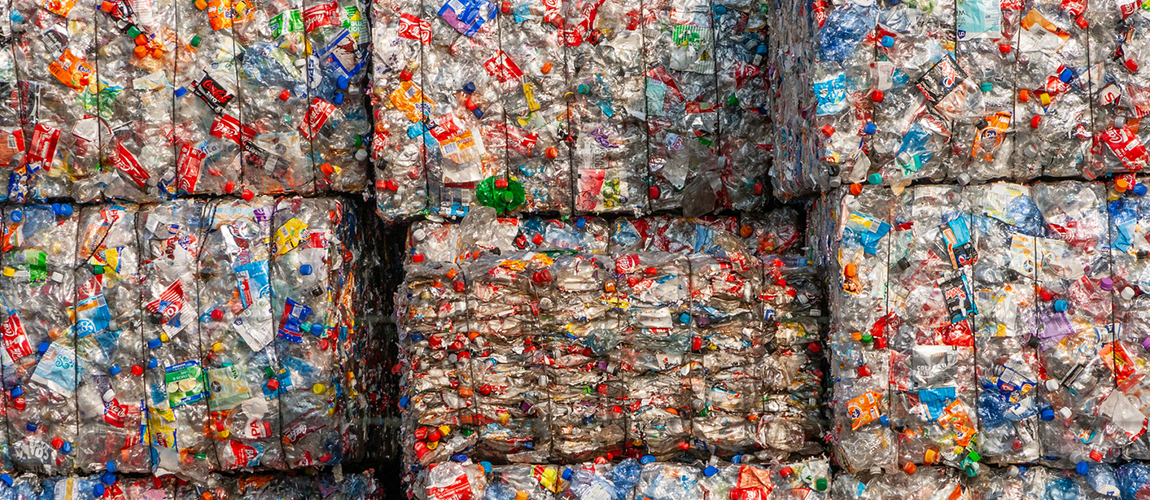Wednesday January 22, 2025
- ALL NEWS
- SMALL & MEDIUM ENTERPRISES (SME)
- INTERNATIONAL TRADE
-
REGIONS
-
NON-REGIONAL
Search

Plastic pollution is one of the most damaging forms of pollution. Plastics are not biodegradable and therefore require special treatment to break down, which can be expensive. So instead of dealing with the problem within their environmental constraints, developed countries have been exporting their plastic waste to countries in Africa and Southeast Asia for several years. In these countries, the rules for environmental protection are much more flexible and challenging to enforce and where labor is cheaper.
China was one of the leading destinations for this waste. However, to deal with the ensuing massive influx, they have chosen to no longer process plastic waste. This has led to Southeast Asian countries such as Indonesia and Malaysia becoming alternatives. Because of the environmental problems raised by this situation, several local NGOs have approached European countries to find a solution.

This topic was discussed at the last Geneva conference held in Geneva, Switzerland, from April 29 to May 10, 2019. Based on a proposal from Norway, an amendment was made to the Basel Convention, adding plastic waste to the list of hazardous waste. It is no longer possible for Western countries to send their non-recyclable waste to the Signatory Countries to the Basel Convention and non-OECD members. Moreover, this applies to the United States even though it is not a signatory to the Basel Convention.
It remains to be seen how and when this new amendment will be applied. Stay tuned with Exports News for updates on stories like these.
No Comments
Add comment



We’re happy you are satisfied with Exports News. Please let us know if you need enything!
support@exportsnews.comWe’re sorry your experience was not satisfactory. Please let us know how we can improve your experience:
Please contact us with any questions or concerns: support@exportsnews.com


Your feedback has been received! If you have any other questions or concerns, please contact us at:


There aren't any comments yet. Be the first to comment!